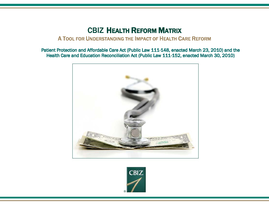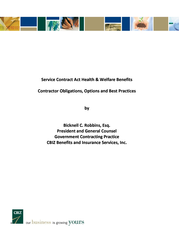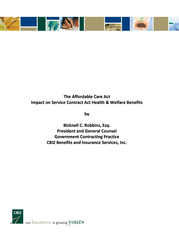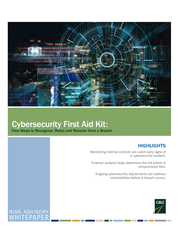Description
B.
Pursuant to Section 4C of the Exchange Act and Rule 102(e) of the
Commission’s Rules of Practice, MHM is hereby censured;
C.
MHM shall, within 14 days of entry of the Order, pay disgorgement of $65,245,
which represents profits gained as a result of the conduct described herein, prejudgment interest of
$9,755, and civil penalties of $675,000 to the Securities and Exchange Commission. If timely
payment is not made, additional interest shall accrue pursuant to SEC Rule of Practice 600.
Payment must be made in one of the following ways:
(1) Respondent may transmit payment electronically to the Commission,
which will provide detailed ACH transfer/Fedwire instructions upon request;
(2) Respondent may make direct payment from a bank account via Pay.gov
through the SEC website at http://www.sec.gov/about/offices/ofm.htm; or
(3) Respondent may pay by certified check, bank cashier’s check, or United
States postal money order, made payable to the Securities and Exchange Commission and handdelivered or mailed to:
Enterprise Services Center
Accounts Receivable Branch
HQ Bldg., Room 181, AMZ-341
6500 South MacArthur Boulevard
Oklahoma City, OK 73169
Payments by check or money order must be accompanied by a cover letter identifying
Mayer Hoffman McCann P.C. as a Respondent in these proceedings, and the file number of these
proceedings; a copy of the cover letter and check or money order must be sent to Karen Martinez,
Regional Director, Salt Lake Regional Office, Securities and Exchange Commission, 351 South
West Temple, Suite 6.100, Salt Lake City, Utah 84101.
By the Commission.
Brent J. Fields
Secretary
11
.









